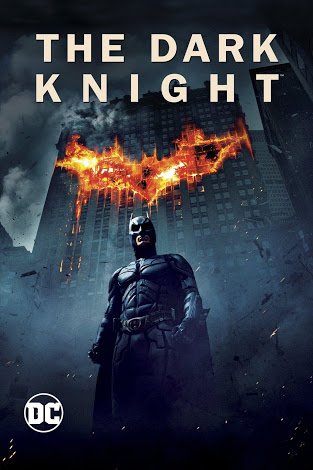So here's a thread about how Bollywood has been severely impacted by the recent events and how it might be a body blow to the entertainment industry as we know it, if the situation doesn't change in six months
Bollywood is going through an unimaginable crisis.
Many big budget films are rotting in the cans while most under-production films are stuck.
The multiplexes are bleeding and single screens are gasping for breath.
The OTT platforms have become really choosy.
Who will report this?

So here's a thread about how Bollywood has been severely impacted by the recent events and how it might be a body blow to the entertainment industry as we know it, if the situation doesn't change in six months
He says that most big banner films are wait-listed for the theatres and they have all been rescheduled to 2021.
But here's the problem.
There will be a huge backlog as and when situation normalises in 2021 and people come back to theatres.
They are the ones which have and will be suffering the most because of lack of space.
"This situation is beyond anybody's control. Nothing can be done. We can just wait and watch," Taran says
The recent debacle of few over-hyped films have put them on the backfoot.
Nobody is ready to shell out dollars without watching the content and calculating its viability. The OTT sell prices on offer have drastically reduced.
The big banner releases got prime slots and charged a premium at the multiplexes.
The ticket prices in the first week would be around 400 to 600 in some plexes.
Filmmakers calculated success in terms of a unit called 100 crores
Evenings were premium business slots and no one else (Hollywood, regional and medium-budget films) were allowed.
On the OTT platforms, content is king. The same films are now competing with the best in the world!
Another top-star film flopped due to its content.
Filmmakers are now switching off comments on social media, youtube and even switching off likes and dislikes.
Truth be told: The situation won't normalise and people won't flock to theatres soon
Believe it or not, 70% of a film's budget (even more) was given to its stars. Sometimes, it was bartered with distribution rights.
The stars will see a salary cut to the tune of 60-70%
That was big money for most of them.
Most brands have put their contracts on pause or have replaced them with social media influencers.
They proved to be cheaper and effective.
Two star kid launches have been put on the backburner.
The film business is still on a halt and when it opens, it won't race to a situation where they used to rake in almost 30 crores on the first day itself if they had big stars. Irrespective of the content.
The total loss of the Bollywood film industry due to the pandemic will run into several millions of dollars and will have long-lasting effects.
The industry might change forever
Pandemic broke while #Baaghi3 was in its second week and #AngreziMedium had just released. Both were impacted.
As per @moneycontrolcom, "As 2020 comes to a close, the Bollywood box office report card reads a mere Rs 780 crores."
That's a pitiable sum
In 2019, Rs. 4400 crores had come in from just the release of Hindi films.
In 2018: Bollywood netted Rs 3,600 crores, which was a record as well.
2020 was expected to deliver upwards of high Rs 5,000 crores
https://t.co/VusTeYom6m
More from Movie
You May Also Like
"I lied about my basic beliefs in order to keep a prestigious job. Now that it will be zero-cost to me, I have a few things to say."
We know that elite institutions like the one Flier was in (partial) charge of rely on irrelevant status markers like private school education, whiteness, legacy, and ability to charm an old white guy at an interview.
Harvard's discriminatory policies are becoming increasingly well known, across the political spectrum (see, e.g., the recent lawsuit on discrimination against East Asian applications.)
It's refreshing to hear a senior administrator admits to personally opposing policies that attempt to remedy these basic flaws. These are flaws that harm his institution's ability to do cutting-edge research and to serve the public.
Harvard is being eclipsed by institutions that have different ideas about how to run a 21st Century institution. Stanford, for one; the UC system; the "public Ivys".
As a dean of a major academic institution, I could not have said this. But I will now. Requiring such statements in applications for appointments and promotions is an affront to academic freedom, and diminishes the true value of diversity, equity of inclusion by trivializing it. https://t.co/NfcI5VLODi
— Jeffrey Flier (@jflier) November 10, 2018
We know that elite institutions like the one Flier was in (partial) charge of rely on irrelevant status markers like private school education, whiteness, legacy, and ability to charm an old white guy at an interview.
Harvard's discriminatory policies are becoming increasingly well known, across the political spectrum (see, e.g., the recent lawsuit on discrimination against East Asian applications.)
It's refreshing to hear a senior administrator admits to personally opposing policies that attempt to remedy these basic flaws. These are flaws that harm his institution's ability to do cutting-edge research and to serve the public.
Harvard is being eclipsed by institutions that have different ideas about how to run a 21st Century institution. Stanford, for one; the UC system; the "public Ivys".





























